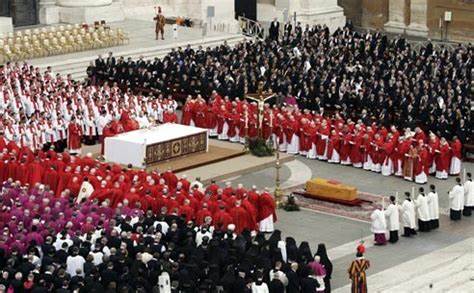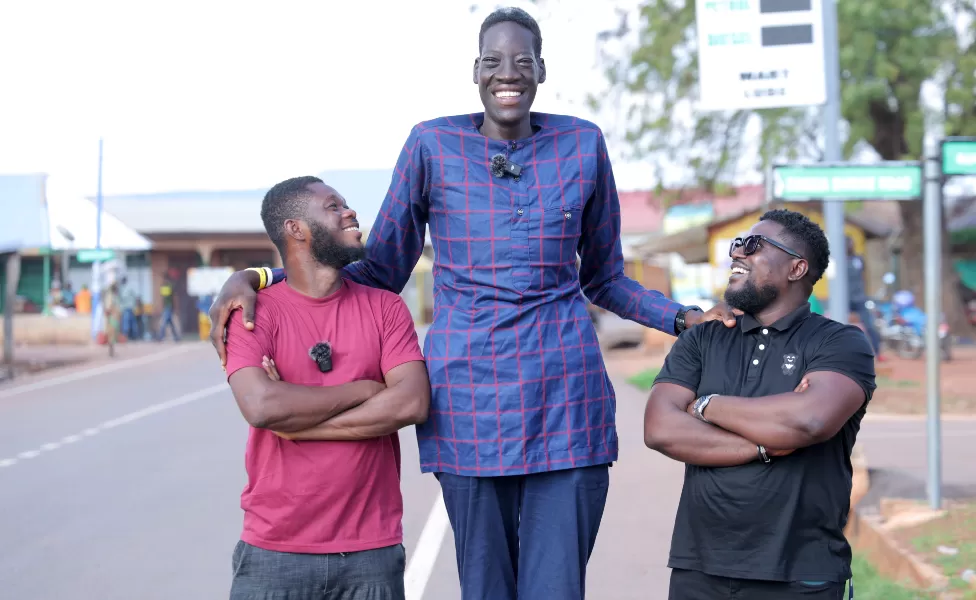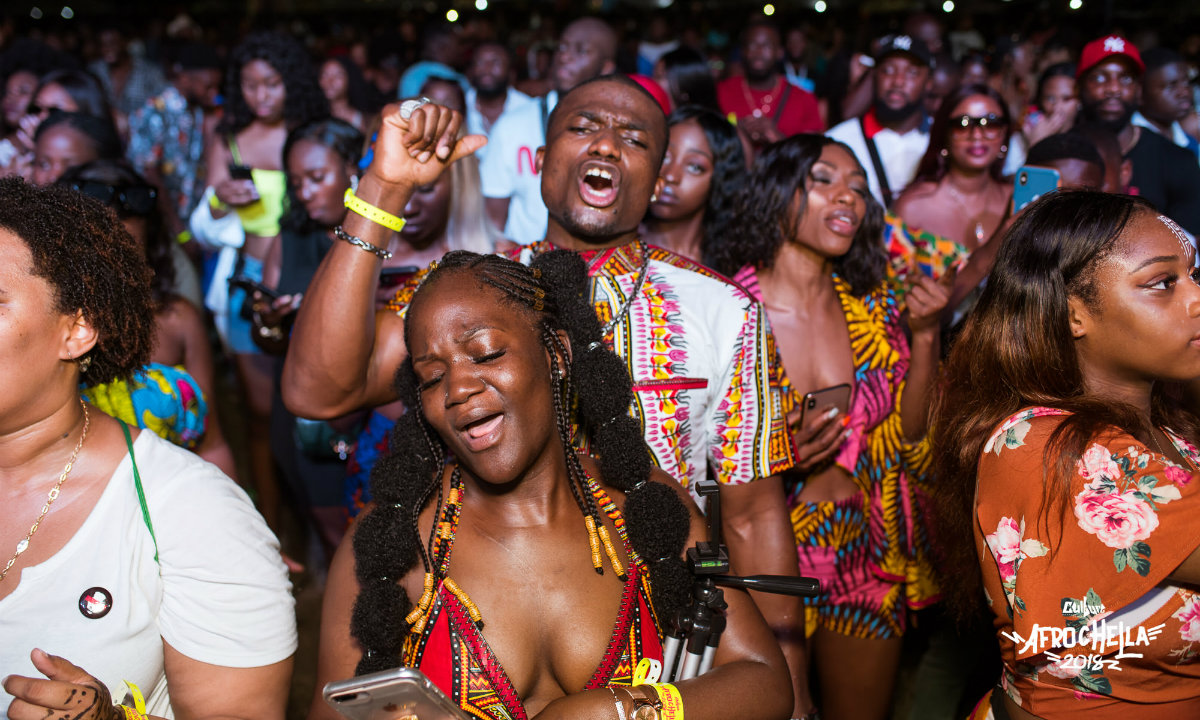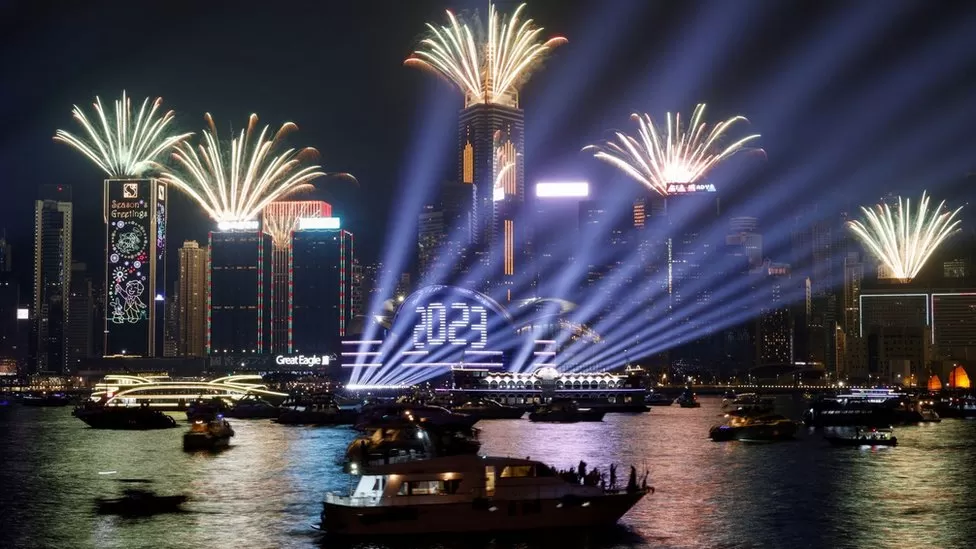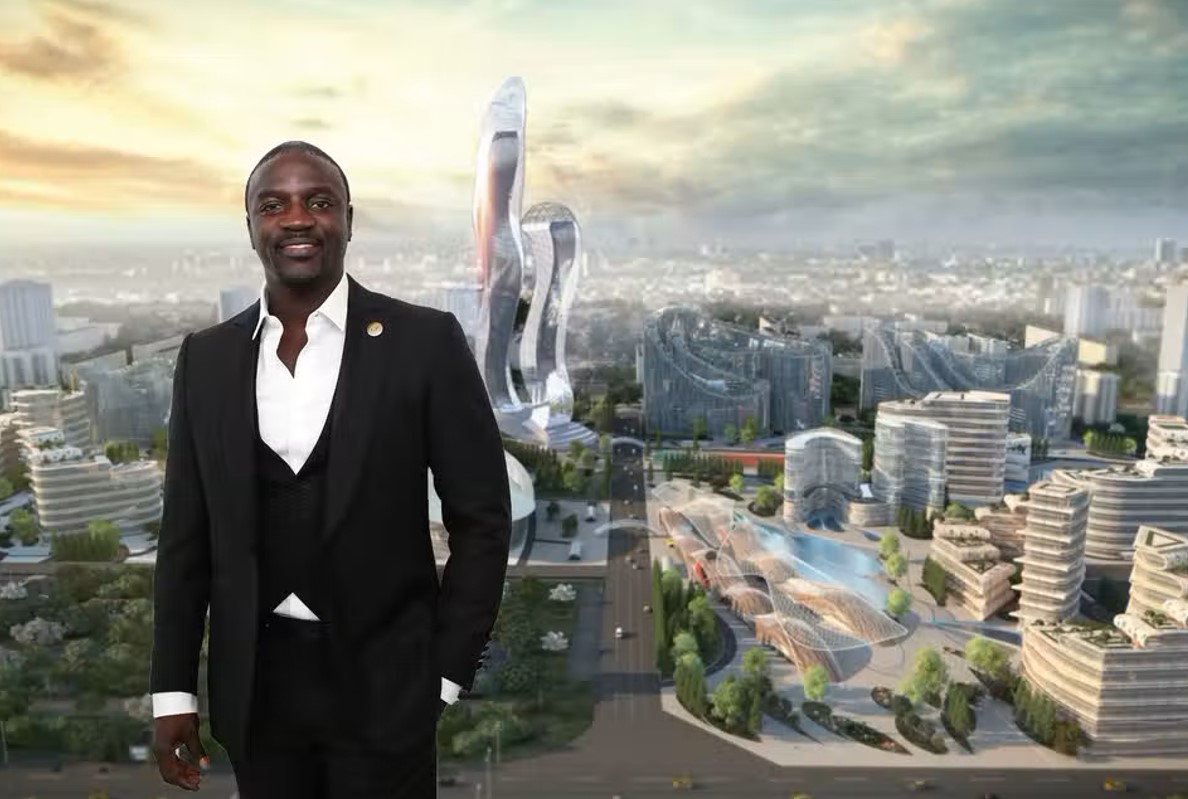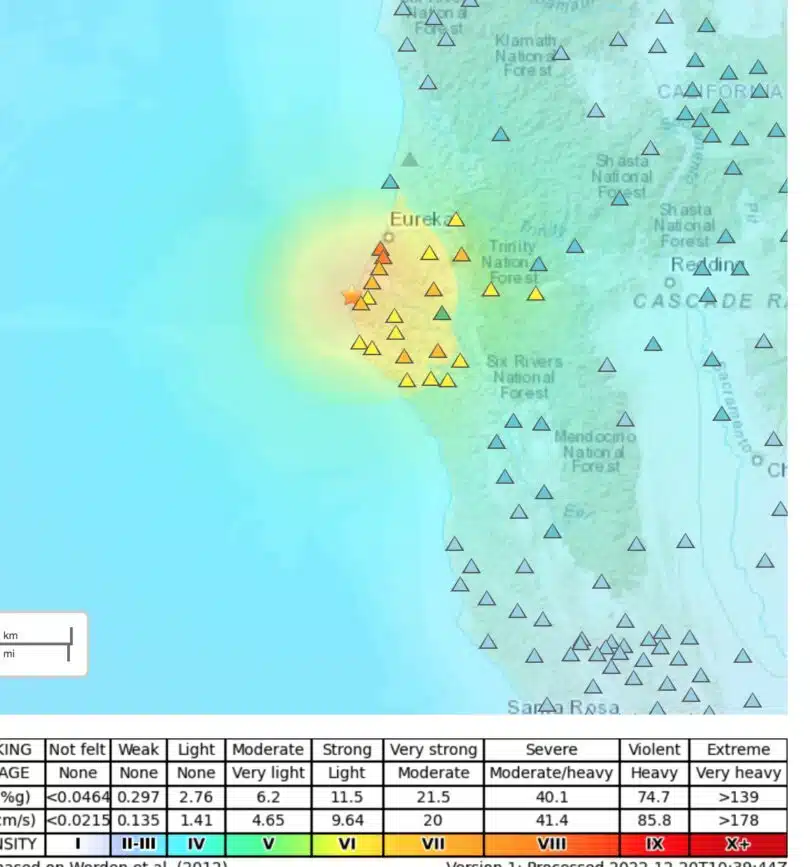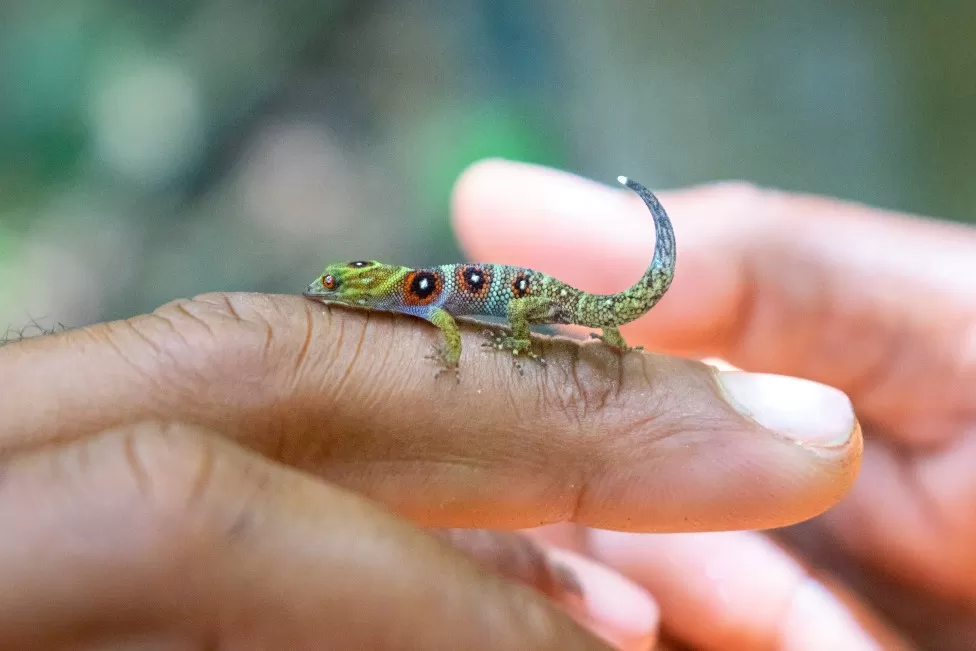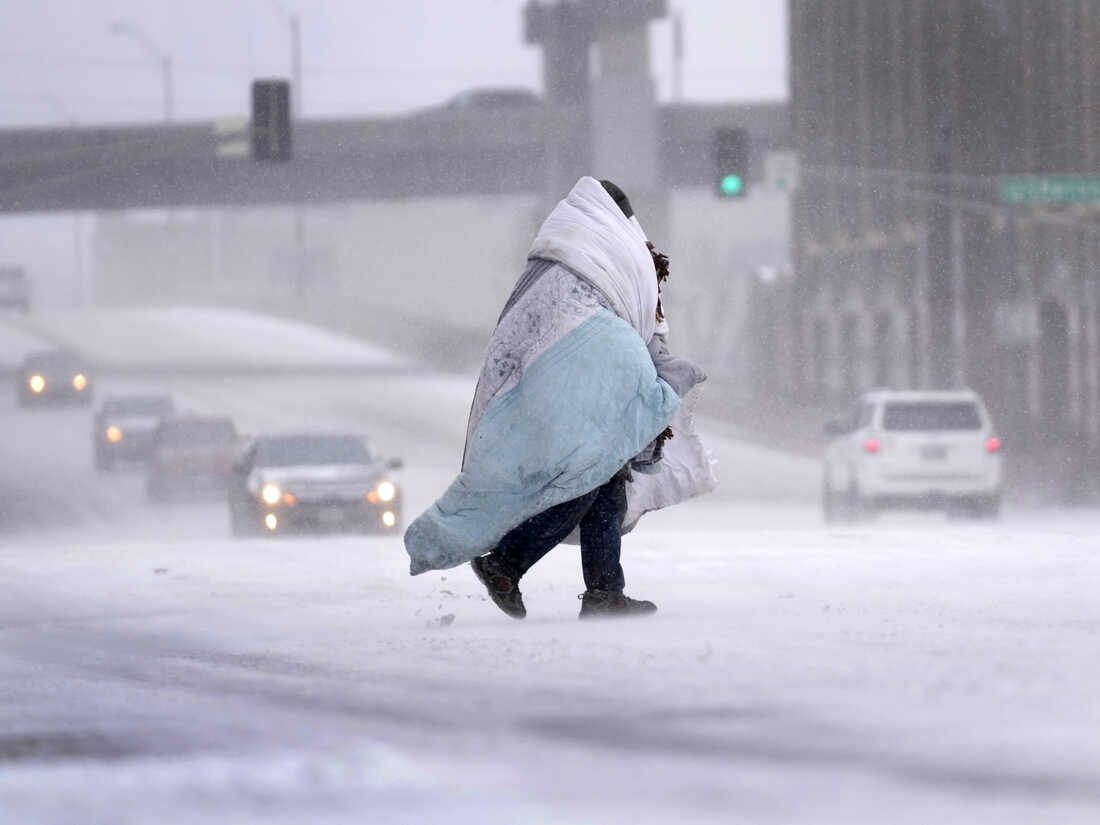Fraser-Pryce voted ‘Person of the Year’ at Best of Jamaica 2022
The 2022 Best of Jamaica survey results were announced at the Best of Jamaica 2022 Results Show aired on the Facebook and YouTube pages of Jamaicans.com. The winners of the Best of Jamaica awards were selected by the readers and staff of Jamaicans.com who were surveyed about their favourites of the year 2022 in the categories of “Jamaican Person,” Jamaican Sports Personality,” “Jamaican Reggae Artist,” “Best TV Personality Host in Jamaica,” “Best Jamaican Radio or Online Personality”, “Best Jamaican Patty”, “Jamaican Restaurant” and more.







